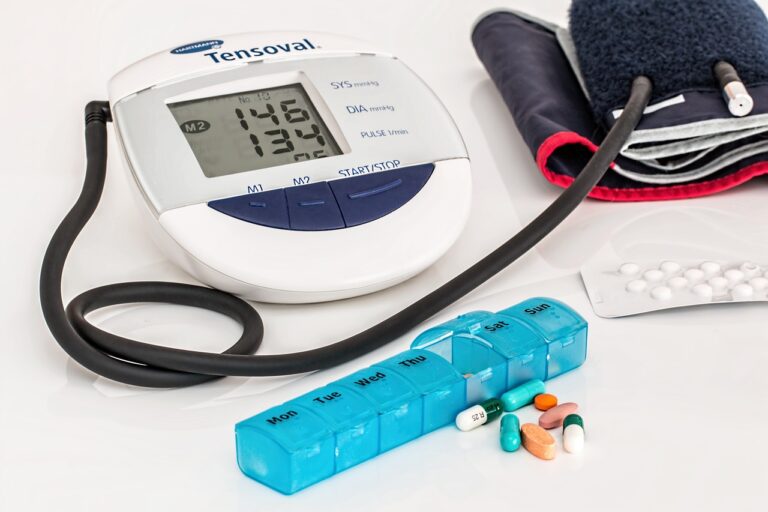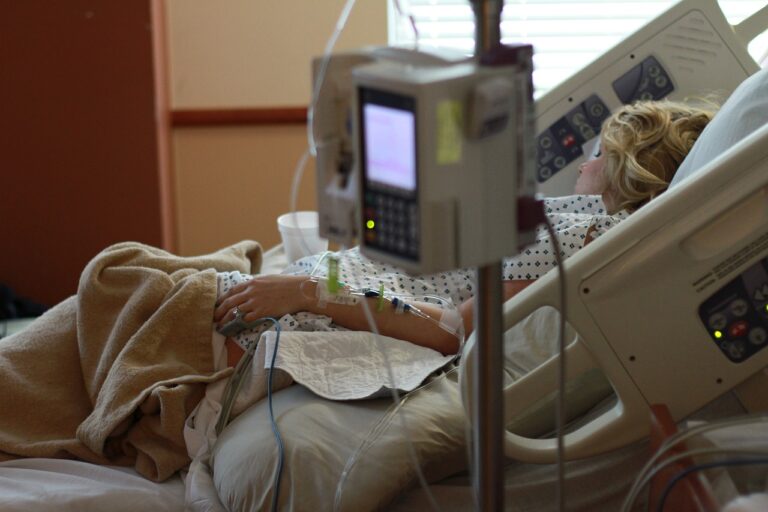How to Manage Acute Illnesses in Urgent Care Clinics
11xplay online id, india 24 bet login, sky fair vip:Urgent care clinics play a crucial role in managing acute illnesses for patients who need immediate medical attention but do not require a visit to the emergency room. These clinics are often more accessible and affordable than traditional healthcare settings, making them a popular choice for individuals seeking treatment for minor injuries and illnesses.
In this blog post, we will discuss how healthcare professionals can effectively manage acute illnesses in urgent care clinics. From common conditions like colds and flu to more serious infections and injuries, urgent care providers must be prepared to assess, diagnose, and treat a wide range of acute medical issues.
1. Understanding Acute Illnesses
Before we dive into specific strategies for managing acute illnesses in urgent care clinics, it’s important to understand what constitutes an acute illness. Acute illnesses are typically short-term conditions that come on suddenly and may require immediate medical attention. Common examples of acute illnesses include:
– Upper respiratory infections (colds, flu)
– Urinary tract infections
– Minor injuries (cuts, sprains)
– Skin infections (abscesses, rashes)
– Gastrointestinal issues (food poisoning, stomach flu)
2. Assessing Patients
When a patient arrives at an urgent care clinic with symptoms of an acute illness, healthcare providers must first assess the patient’s condition. This may involve taking a detailed medical history, performing a physical exam, and ordering diagnostic tests such as blood work or imaging studies. By thoroughly evaluating the patient, providers can make an accurate diagnosis and develop an appropriate treatment plan.
3. Diagnosing Acute Illnesses
Once a patient has been assessed, healthcare providers must carefully consider the possible causes of the patient’s symptoms. In many cases, acute illnesses can be diagnosed based on the patient’s history and physical exam findings. However, additional testing may be necessary to confirm the diagnosis and rule out other potential conditions. Common diagnostic tools used in urgent care clinics include:
– Rapid strep tests for throat infections
– Urine dipsticks for urinary tract infections
– X-rays for bone fractures and respiratory infections
– Blood tests for infections and inflammatory conditions
4. Treating Acute Illnesses
With a diagnosis in hand, healthcare providers can develop a treatment plan tailored to the patient’s specific needs. Treatment for acute illnesses may include:
– Antibiotics for bacterial infections
– Antiviral medications for viral infections
– Pain relievers and anti-inflammatory drugs for pain and inflammation
– Wound care and sutures for minor injuries
– Intravenous fluids for dehydration
5. Counseling and Education
In addition to providing medical treatment, healthcare providers in urgent care clinics play a vital role in counseling patients on how to manage their acute illnesses at home. This may involve:
– Explaining the importance of taking prescribed medications as directed
– Recommending over-the-counter remedies for symptom relief
– Advising patients on when to seek further medical attention
– Educating patients on how to prevent similar illnesses in the future
6. Collaborating with Primary Care Providers
While urgent care clinics can provide immediate relief for acute illnesses, it’s essential for healthcare providers to collaborate with patients’ primary care providers to ensure continuity of care. This may involve:
– Sharing medical records and test results with the patient’s primary care physician
– Following up with patients after their urgent care visit to monitor their progress
– Referring patients to specialists for further evaluation and treatment, if necessary
FAQs
Q: Can I visit an urgent care clinic for a severe medical emergency?
A: No, urgent care clinics are not equipped to handle life-threatening emergencies. If you are experiencing a severe medical emergency, call 911 or go to the nearest emergency room immediately.
Q: How long will I have to wait to see a healthcare provider at an urgent care clinic?
A: Wait times at urgent care clinics can vary depending on the clinic’s location and the time of day. However, most patients are seen within 30 minutes to an hour of their arrival.
Q: Will my insurance cover a visit to an urgent care clinic?
A: Many insurance plans cover urgent care visits, but it’s essential to check with your insurance provider to confirm coverage. Some clinics also offer self-pay options for patients without insurance.
Q: Can I get a prescription for medication at an urgent care clinic?
A: Yes, healthcare providers at urgent care clinics can prescribe medications to treat acute illnesses. Make sure to provide accurate information about your medical history and any allergies you may have.
In conclusion, urgent care clinics play a vital role in managing acute illnesses for patients who require immediate medical attention. By assessing, diagnosing, and treating acute conditions promptly, healthcare providers can help patients recover quickly and prevent complications. If you are experiencing symptoms of an acute illness, don’t hesitate to visit your nearest urgent care clinic for timely care and treatment.







